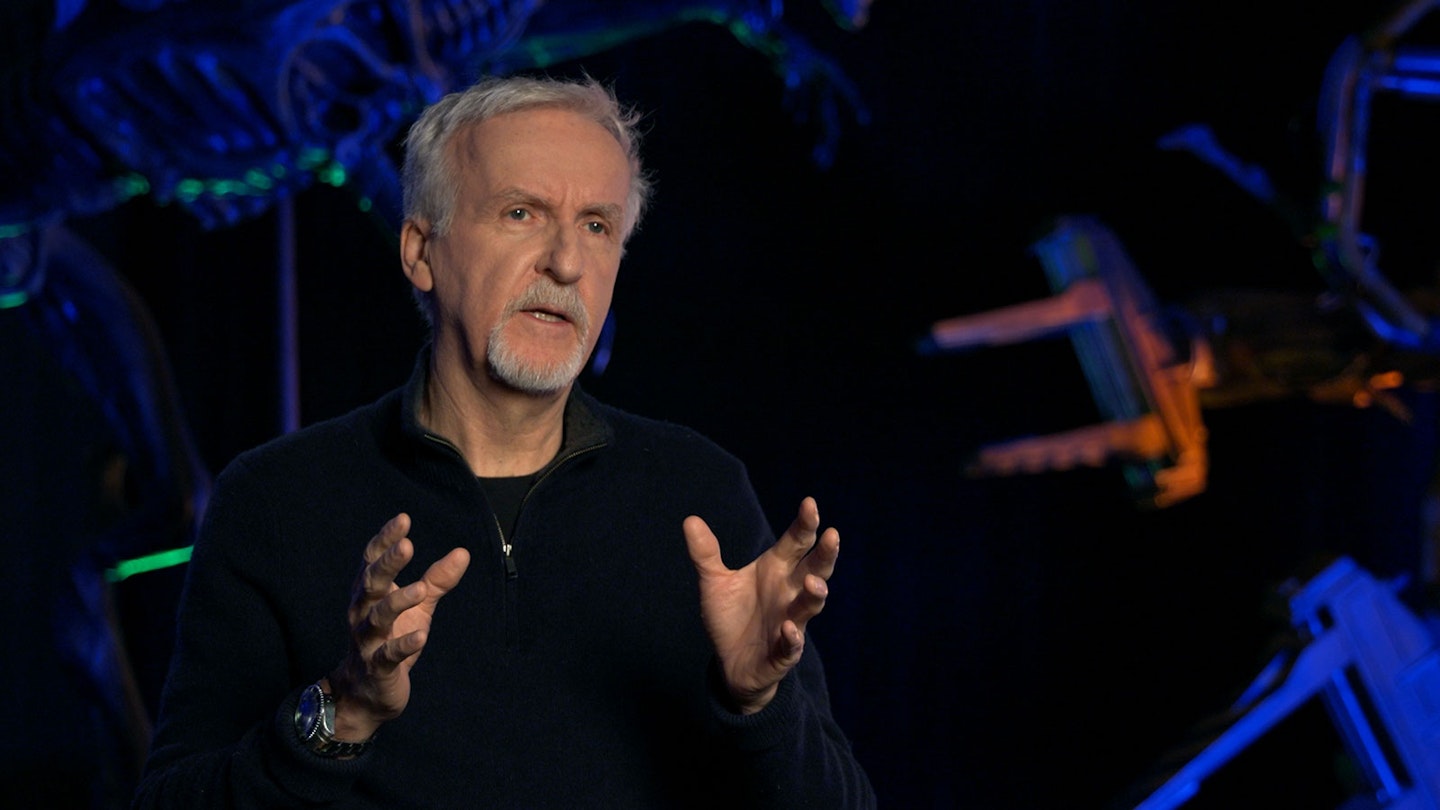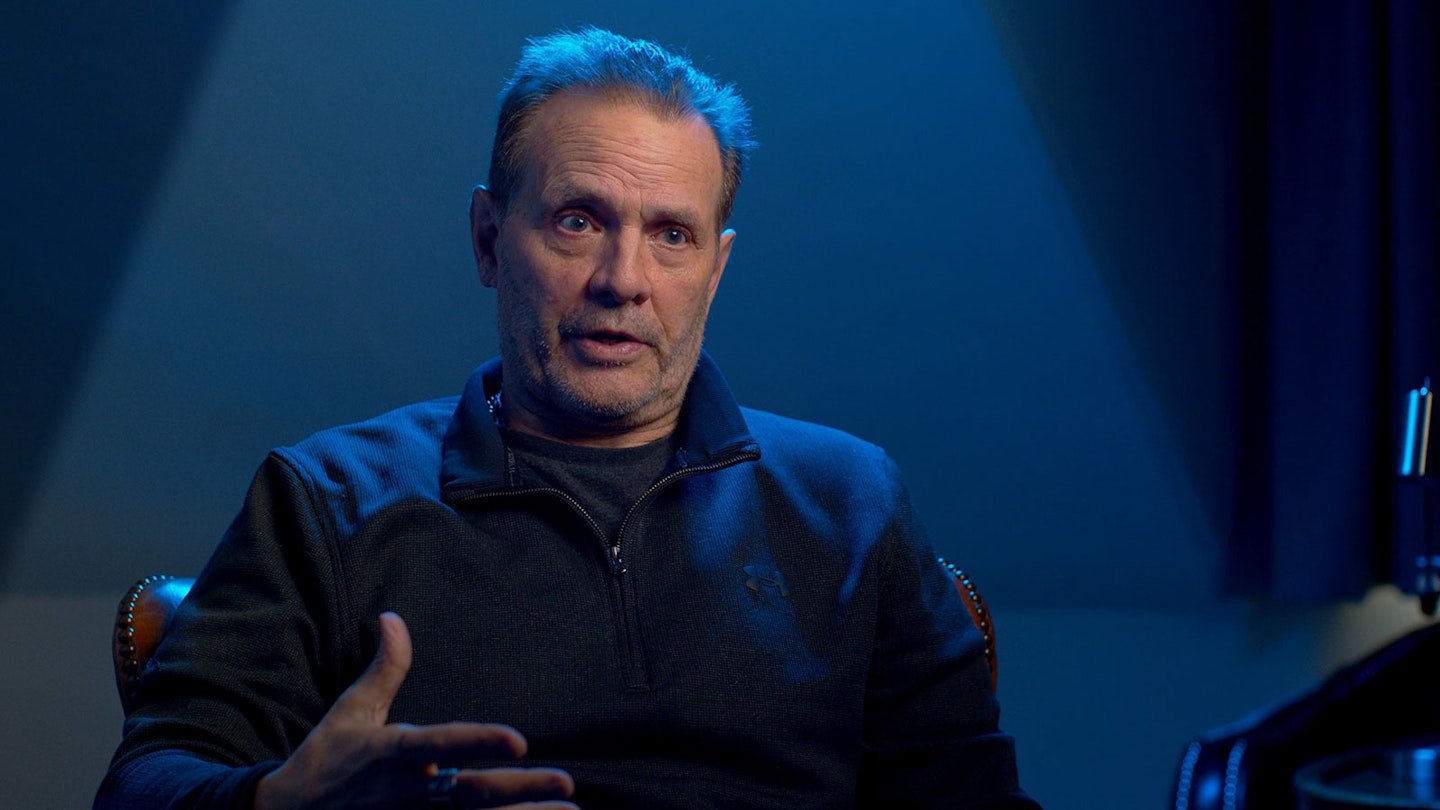A documentary about the landmark 1986 science-fiction sequel Aliens. With contributions from the people behind it and the people who know it best, James Cameron’s influential, era-defining movie is dissected in forensic detail.
Alright, sweethearts, you heard the man and you know the drill. There have been plenty of documentaries about Aliens before, as anyone who has owned the beloved 1986 sci-fi sequel from James Cameron on its various formats can attest (some hardcore fans still insist the 1992 LaserDisc Special Edition release has never been bettered). But there has never been any documentary quite as extensive, expansive or exhaustive as Aliens Expanded, a title that lives heartily up to its name due to a near-five-hour runtime — not quite as long as an unusually long hypersleep, but not far off. It comes from writer-director Ian Nathan, who has literally written the book on the film. (In the interests of full transparency: Nathan is a former editor of Empire, and the film features contributions from _Empire’_s Digital Editor-In-Chief, James Dyer. Neither had any influence or sway on this review.)

As with 2019’s Memory: The Origins Of Alien, about Ridley Scott’s original film (also featuring contributions from Nathan), this aims to be the definitive take on a definitive genre classic. With a runtime like that, it is fair to say that it’s ‘one for the fans’ — which, for a movie like Aliens, is essentially everyone. But it’s also ‘by the fans’, crowdfunded from thousands (the closing credits run to nearly half an hour, listing the names of backers, including their affectionate video messages), and clearly it is made with love — the most passionate of passion projects.
Will be undoubtedly lapped up by Aliens fans
Digging deep into the Weyland-Yutani database — literally, thanks to some on-screen graphics — the mammoth undertaking is divided into chapters with titles like ‘Salvage’ and ‘Bad Dreams’, following a roughly chronological approach, with occasional allowances for side-stories. Its filmmaking style is understated, told entirely through archive footage and talking heads. Aside from those graphics, the film opts not to detract from the voices in play. But what voices: virtually every major player in the film is extensively interviewed, including (deep breath) writer-director James Cameron, producer Gale Anne Hurd, and actors Sigourney Weaver, Lance Henriksen, Michael Biehn, Jenette Goldstein, Carrie Henn, Paul Reiser, William Hope, Collette Hiller, Daniel Kash, Cynthia Scott, Mark Rolston, Ricco Ross and more.
Other crew members interviewed include VFX supervisors, creature-effects specialists, even the chief dubbing mixer. And there are outside experts on the film, too: authors, podcasters, journalists, a psychologist, a military expert, even an astrophysicist. The result is a rich tapestry of accounts, insights and stories, many of which will be familiar to Aliens fans — yes, the legendary tea-lady anecdote gets another airing — and many that feel fresh.

Cameron is typically candid and bullshit-free: scathing on the original producers David Giler and Walter Hill (“They didn’t really understand sci-fi”), and hardly any less sparing on the infamously pastoral pace of the British crew (“To be uncharitable, they were on a whole different wavelength from us”). He’s excellent value throughout, speaking eloquently about trying to find the “hybrid vigour” and “equipoise” between his sensibilities and Scott’s. Driven by a singular vision — demonstrated on screen by his own hand-drawn storyboards and concept art — the film paints a picture of unflinching genre-auteur genius. Hard to argue with that.
Weaver is equally frank and outspoken, again expressing her deep disappointment over the emotional scenes of Ripley’s deceased daughter back on Earth being edited out of the original theatrical cut. (They would later make the director’s cut.) But it’s just refreshing to hear in-depth from the wider Colonial Marine cast, too, the squad of ultimate badasses who individually might not have enjoyed as much screentime in a more conventional approach. The cast members no longer around, meanwhile, are conspicuous by their absence: Bill Paxton earns a moving tribute from his castmates, who clearly adored him, while Al Matthews — a real Vietnam vet, who ran the boot camp for the actors with an ex-SAS soldier — was evidently as respected as a superior when the cameras weren’t rolling, too.
The film finds room for all sorts of absorbing morsels and titbits: how Bill Paxton’s “Another bug hunt” line intrigued fans so much that it inspired entire novels and comics; and how the Vietnam-esque names scratched onto helmets and uniforms each came to be (Ricco Ross’ was ‘Heath’, simply because he ran out of space writing ‘Heather’, the mother of his children).
There are countless stories like this, in a film that may well take several sittings to get through, but will be undoubtedly lapped up by Aliens fans by the time it’s game over, man. “Where fandom becomes valuable is when a film gets an aura around it,” notes Cameron in the film. “People approach it with respect. They propagate that myth.” Aliens Expanded is the ultimate evidence for that.
The 4.5 hour-plus runtime might put some off, but that massive canvas only allows for the deepest of deep dives into a monumental achievement in cinematic science-fiction. Another glorious day in the corps!
